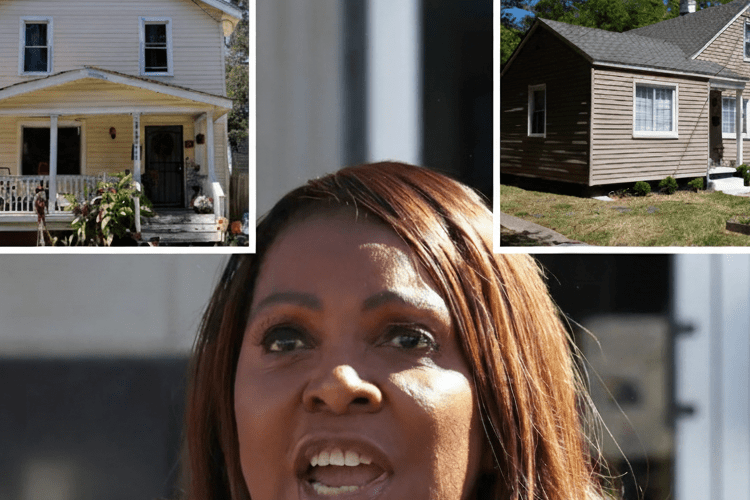New York Attorney General Letitia James Faces Legal Firestorm After 24 Police Call-Outs at Her Norfolk VA Homes—Indicted for Mortgage Fraud
From outside, the modest houses in Norfolk, Virginia, once owned by New York Attorney General Letitia James might have appeared ordinary. But in the last few years, they became flashpoints in a legal and political drama with national implications. According to police records and reporting by the New York Post, James’ properties drew two dozen police responses—12 calls since her August 2020 purchase of one home and 10 calls between April 2024 and April 2025 for the other.
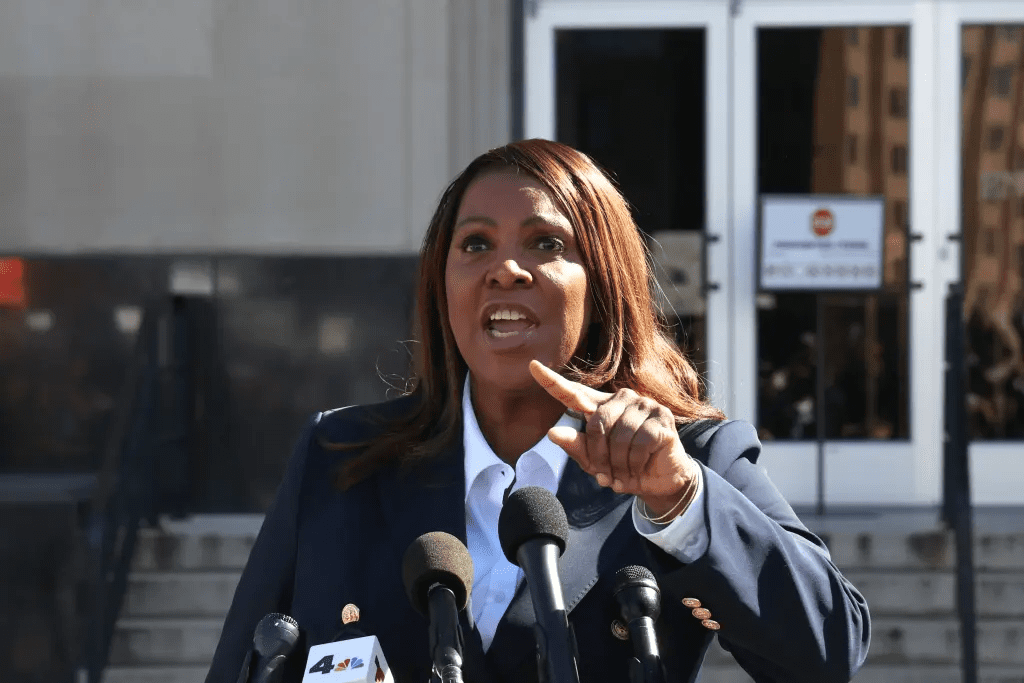
One house, bought for $137,000, was home to James’ grandniece, Nakia Thompson, who testified before a federal grand jury that she lived rent-free with her children. The records show multiple law-enforcement visits for warrant service, vandalism, domestic disturbances and suspicious persons. The second property, acquired in 2023 via a $219,780 loan, was occupied by another grandniece, Cayla Thompson‑Hairston, and saw ten police calls in one year, including a domestic-violence incident and an alleged assault.
The houses sit at the center of a far-reaching federal indictment. On October 9, 2025, prosecutors charged Letitia James with one count of bank fraud and one count of making false statements to a financial institution. The centerpiece of the allegation: when she purchased the first home, she signed a “second home rider” stating she would use the property for her own personal residence, yet instead it was used by family members as rental-style housing—arguably making it an investment property not eligible for the favorable loan terms she received.
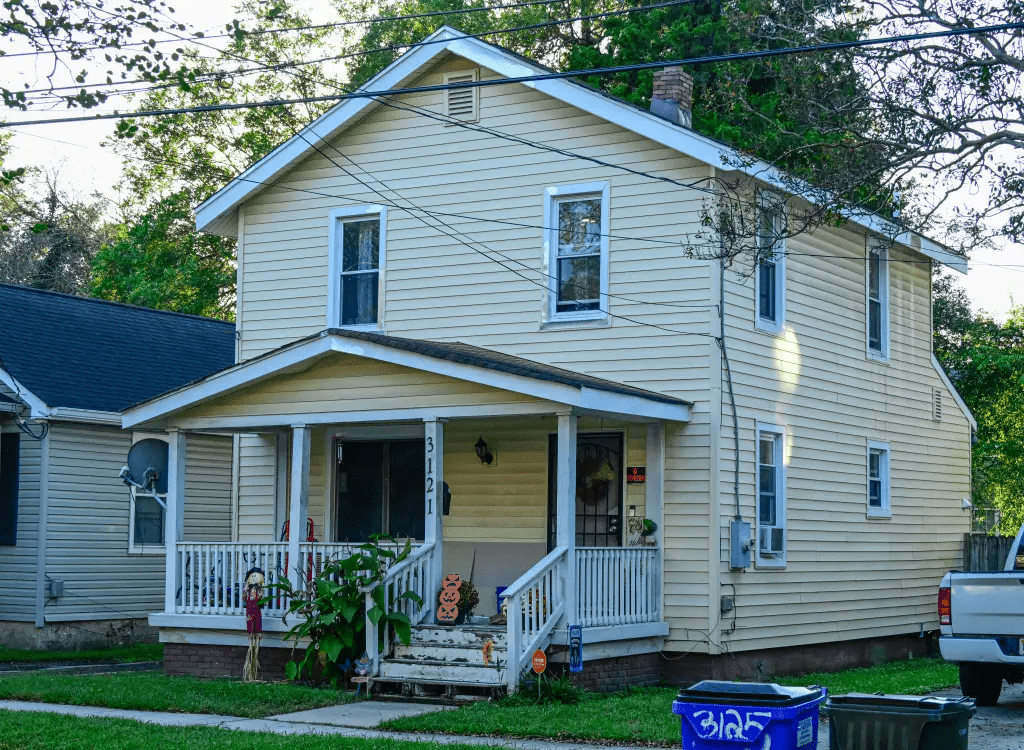
Legal analysts say the marriage of frequent police calls and the nature of the loan paperwork creates an uneasy backdrop for James. One law professor described the case as “disproportionate and inconsistent with prosecutorial norms,” noting that the claimed financial benefit—less than $20,000—was modest and no bank loss was apparent. Still, the spectacle for the top law enforcement official in New York cannot be ignored.
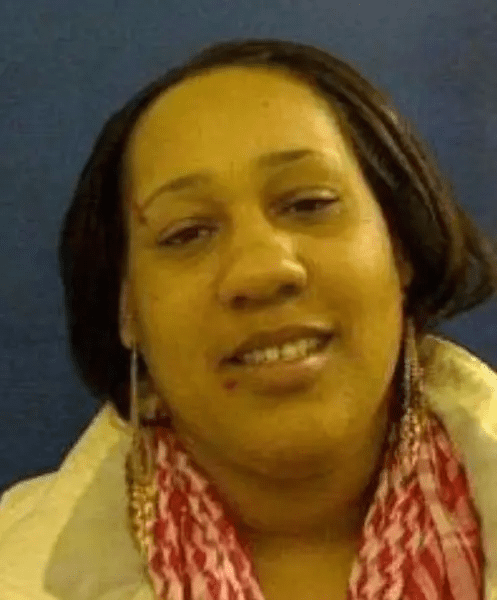
James, who has sued former President Donald Trump and his companies repeatedly, called the indictment a politically motivated vendetta. She pleaded not guilty in her October 24 court appearance and insisted her “faith is strong.” Meanwhile, the fact that her two properties attracted a combined 22–24 police responses further fuels questions about judgment and management of property tied to someone who enforces laws for others.
For community members in Norfolk, the properties themselves have become symbols of disruption. Neighbors say they felt the strain of repeated disturbance calls, and some public-records show visits by law enforcement at the address within days of each other for related complaints. The frequency suggests more than isolated incidents—a pattern, say some observers.
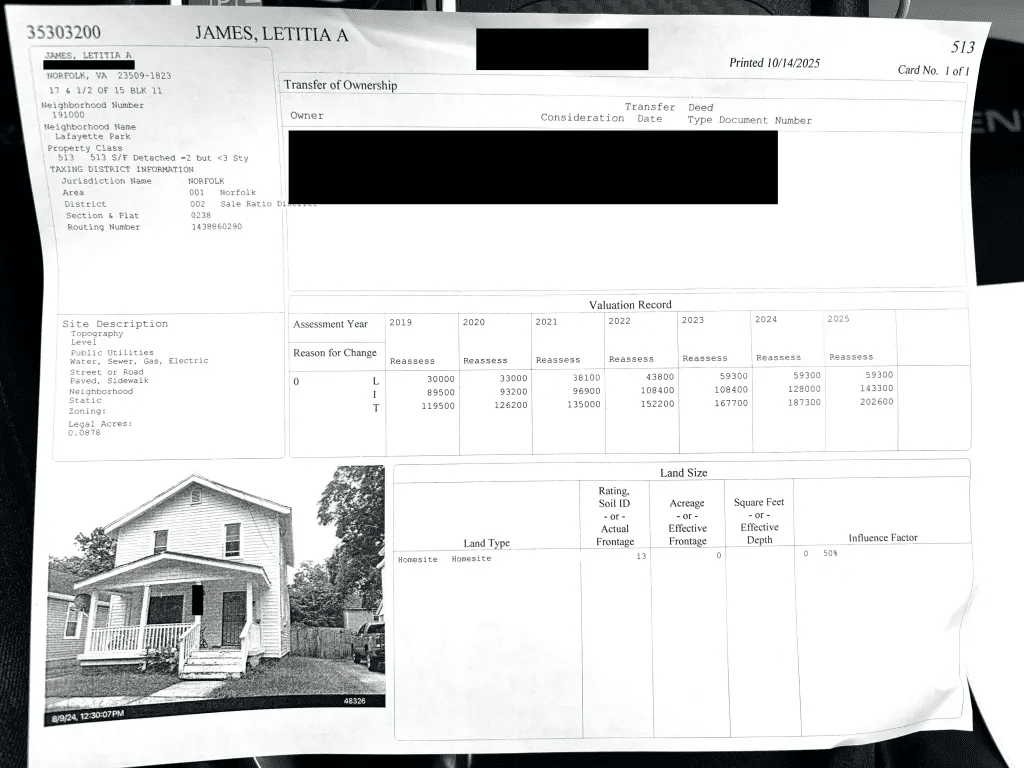
Critics of James argue the contrast is stark. A state attorney general entrusted with enforcing mortgage and financial laws, she now stands accused of misrepresenting the purpose of a home purchase—even as law‐enforcement was repeatedly summoned to properties tied to her family. Meanwhile, defenders argue she is being targeted by a Justice Department perceived as politicized. FactCheck.org documented the indictment, noting longtime animosity between James and Trump, and calling the case’s rationale “unusually minor” compared to typical federal fraud prosecutions.
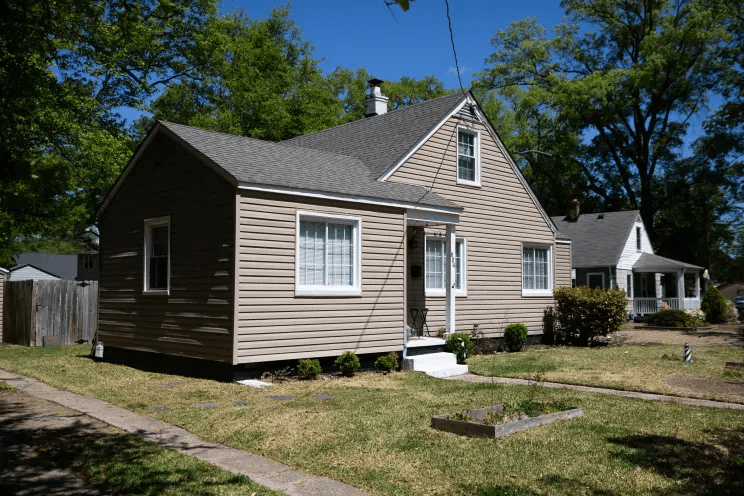
This is not just about two houses in Virginia—it’s about what they represent. They lie at the intersection of property law, criminal justice, and political power. For James, whose office has brought high-profile cases against Trump and his associates, the stakes could not be higher. If convicted, she faces decades in prison and forfeiture of assets. Yet the credibility of prosecutors and questions about selective enforcement hover in the background.
The spotlight also shines on broader issues: How does a public official manage properties tied to family members? What ethical and legal checks exist when relatives live rent-free in homes purchased on terms reserved for owner-occupants? And when law enforcement is repeatedly at the door, does the appearance of propriety matter as much as the substance? Residents in Norfolk seem to believe it does.
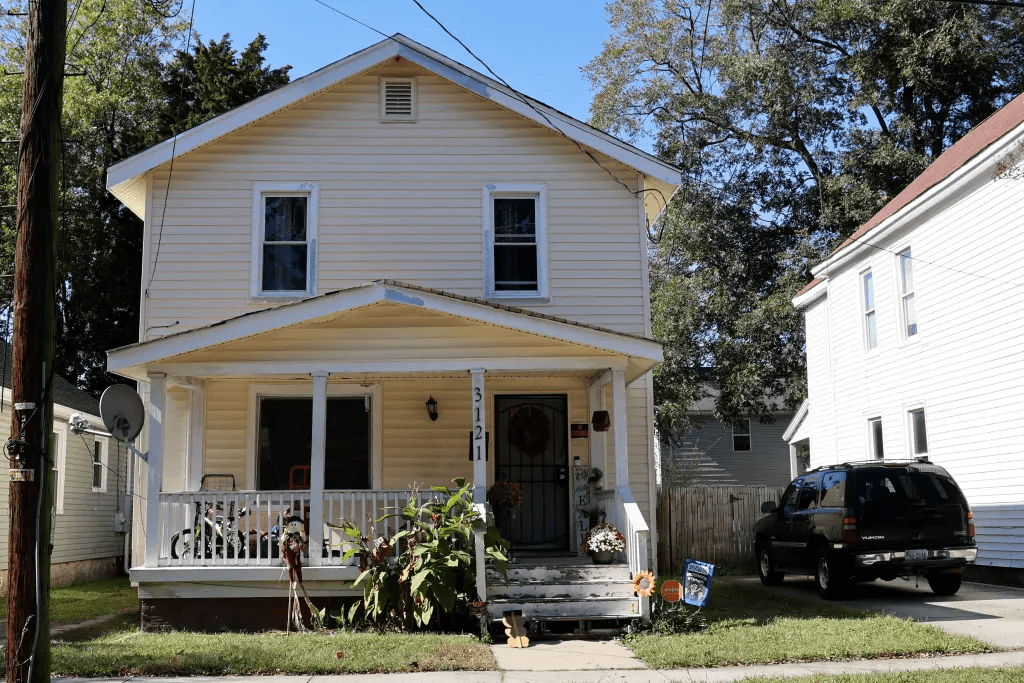
For James’ supporters, the two houses are collateral damage in a political fight. They point to James’ history as a civil rights lawyer, her advocacy for the underprivileged, and her bold posture in taking on Trump. For her opponents, the houses are proof of the kind of insider advantage and selective application of rules that public officials should be held accountable for.
At its core, the unfolding story asks: when the one who enforces the law faces the law herself, how will justice look? Will it be swift and final, or protracted and messy? The trial is slated to begin January 26, 2026, according to filing records. In the meantime, the two modest homes in Norfolk stand locked in a narrative far bigger than their square footage.
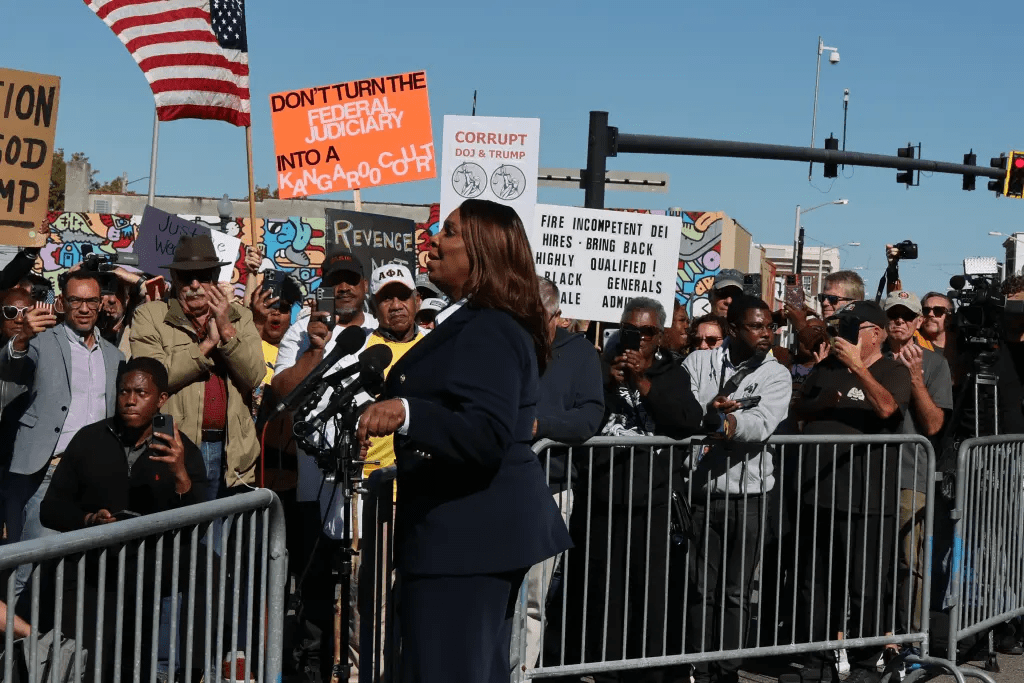
As the case proceeds, one thing remains clear: for Letitia James, the properties she claimed were homes for her family have instead become anchors of national controversy. The police logs, mortgage documents and federal charges all point toward a test of principle, policy and public perceptions. Whatever the outcome, the story reinforces a timeless lesson: trust in institutions rests not only on power and promise, but on scrutiny and accountability.
